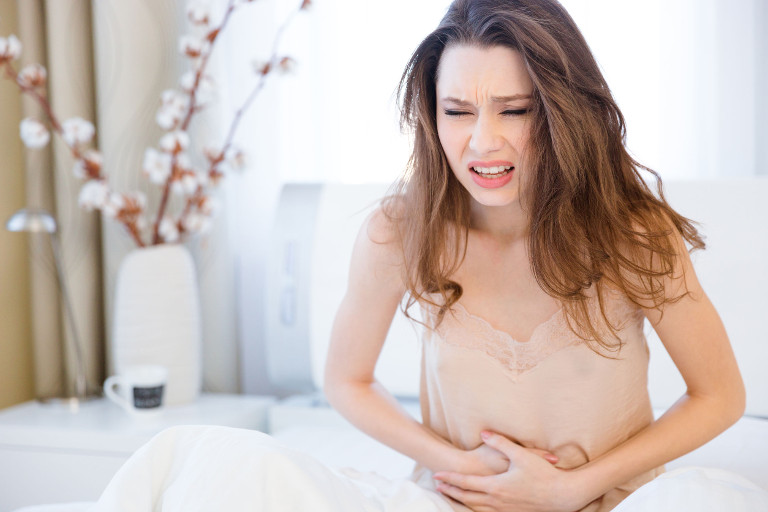We have all experienced the unpleasant feeling of a swollen belly. Usually this happens after a big meal or because we ate something, we probably shouldn’t, because it just doesn’t make us feel good.
The good news
In most cases, the swollen belly is temporary and is something you can usually avoid easily enough. The key to avoiding swelling is knowing the reasons.
The first and most common reason is that you have eaten a lot. When you consume more food than usual, your stomach tends to swell. The muscle is stretched and this in itself can cause swelling. Fortunately, in this case, it won’t take long to return to the normal stomach. What you can do is eat small frequent meals to keep your hunger in check during the day.
Foods that produce gas
Some of our favorite vegetables, such as cabbage, broccoli contain a sugar called raffinose, which remains in the intestine until bacteria ferment it. This results in gas production, which then inflates you.
Ingest air
When you chew and swallow food, you swallow the air. The intestine is able to handle a certain amount of air, but if you are in a hurry and you eat too quickly, you will probably swallow more air than usual, making the belly swell. To avoid excessive air ingestion, it is necessary to chew and eat slowly.
Lactose intolerant
If you drink a glass of milk or eat a lot of dairy products and suddenly feel that your stomach is swollen, you may have lactose intolerance. This means that your body lacks the enzyme that breaks down lactose, the sugar found in dairy products. Fortunately, there are many equally delicious lactose-free milk options. The American Gastroenterology Society also suggests taking lactose tablets, which can help you digest lactose-containing foods.
You have celiac disease
When people with celiac disease consume gluten, damage to the small intestine can occur in various ways. Some of the many symptoms include bloating and abdominal pain, vomiting, weight loss, fatigue, joint pain and mouth sores.
Food allergy
When you have an allergy to food, the immune system, which normally fights infections, sees food as an invader. This leads to an immune response in which chemicals like histamine are released, causing symptoms such as breathing problems, hoarseness, coughing, abdominal bloating.
Drink alcohol or carbonated drinks
Alcohol can irritate the gastrointestinal tract and cause swelling. And carbonated drinks can make things worse, leading to discomfort, gas and bloating. Try to comply with dietary guidelines, which recommend up to one alcoholic glass per day for women and 2 for men.
But swelling isn’t always associated with food. Sometimes the cause is hormonal. Most women develop mild swelling a week or two before menstruation, caused by normal cyclic hormonal changes.
If the swelling at that time of the month is heavy, it could be a symptom of premenstrual syndrome (PMS). All the symptoms associated with premenstrual syndrome improve as soon as the period arrives.
Some supplements can help relieve premenstrual syndrome, such as vitamin E, vitamin D, thiamine, magnesium or omega-3 fish oil. You can also eat naturally diuretic foods, such as celery, cucumbers, watermelon, tomatoes, asparagus, melon and lettuce.
You may also like https://pricklypost.co.uk/


